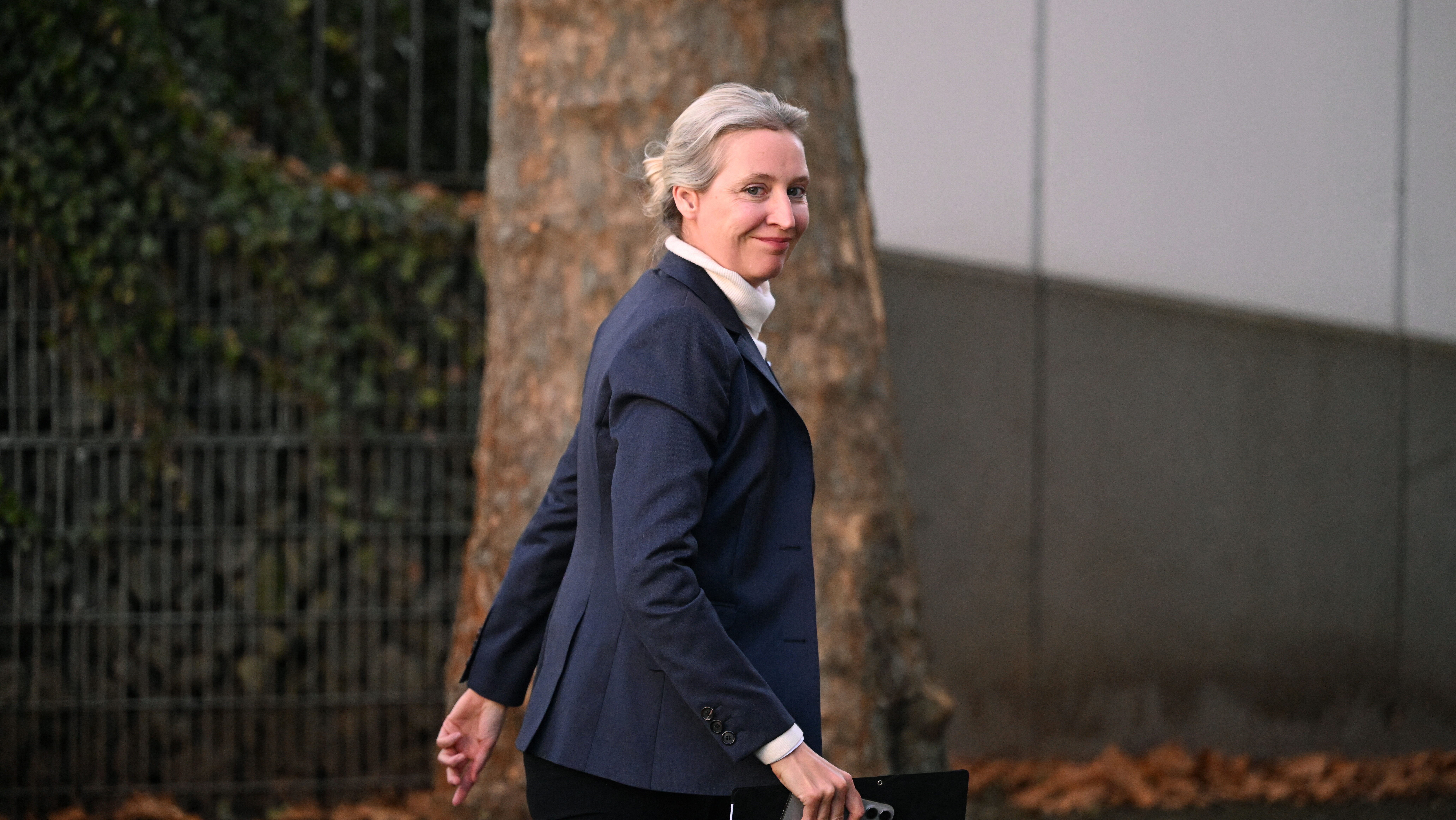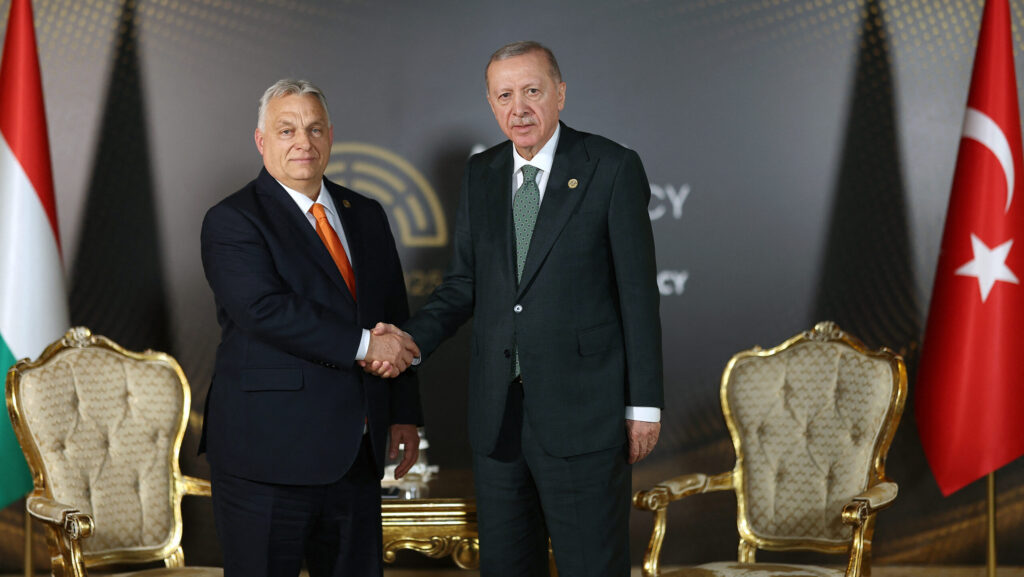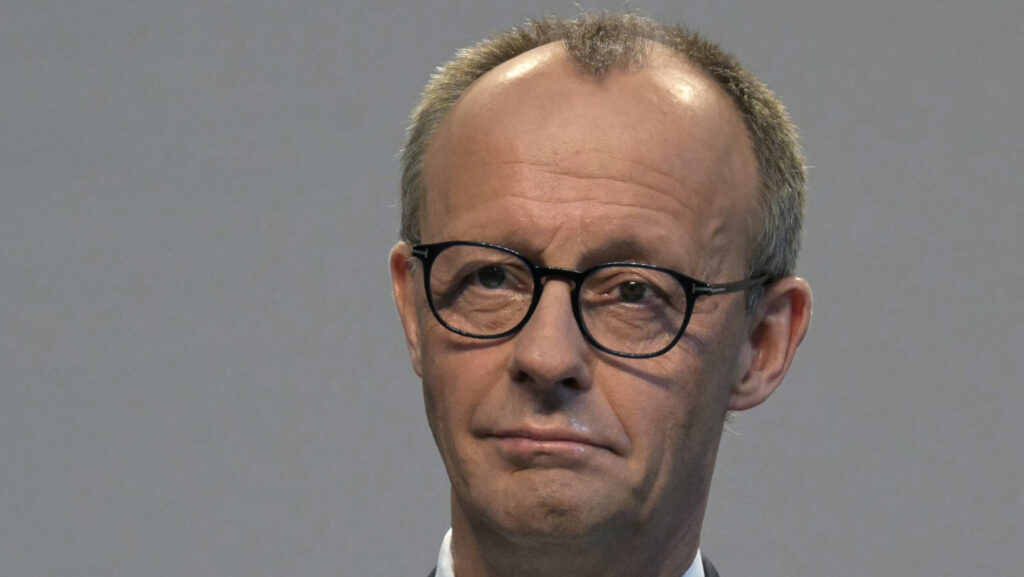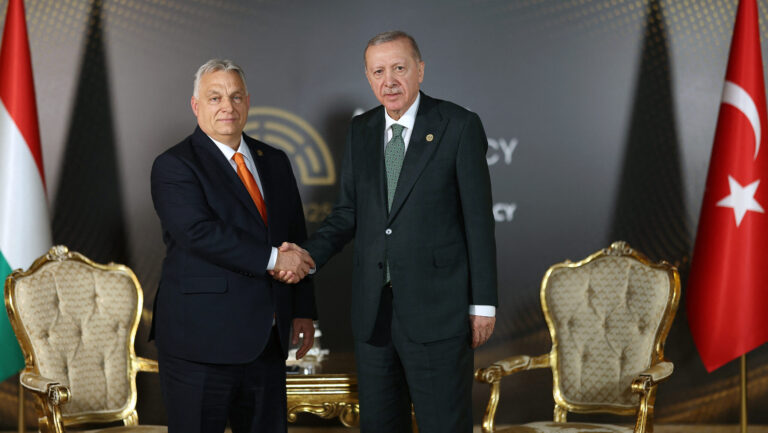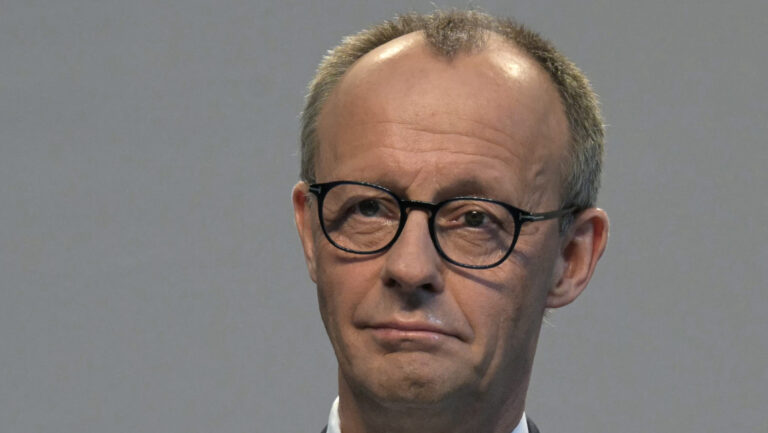Hungarian Prime Minister Viktor Orbán has invited Alice Weidel, co-chair of the German right-wing party Alternative für Deutschland (AfD), to Budapest. Orbán extended the invitation in an interview with the Swiss German-language daily Neue Zürcher Zeitung, which he shared on his X account, stating that he looks forward to Weidel’s visit. ‘Berlin has always been a city of walls. It’s time to tear another down,’ Orbán added, referring to last week’s historic moment in German politics, when AfD finally broke through the ‘firewall’ imposed on the party by mainstream parties since its foundation.
Orbán Viktor on X (formerly Twitter): “Looking forward to your visit, @Alice_Weidel! Berlin has always been a city of walls. It’s time to tear another one down!https://t.co/2uwsP03mmd / X”
Looking forward to your visit, @Alice_Weidel! Berlin has always been a city of walls. It’s time to tear another one down!https://t.co/2uwsP03mmd
Weidel was quick to respond to Orbán’s invitation, posting on X: ‘Thank you for your invitation, Prime Minister @PM_ViktorOrban! I am looking forward to meeting you.’
Alice Weidel on X (formerly Twitter): “Thank you for your invitation, Prime Minister @PM_ViktorOrban! I am looking forward to meeting you. https://t.co/gWZ58hjh3z / X”
Thank you for your invitation, Prime Minister @PM_ViktorOrban! I am looking forward to meeting you. https://t.co/gWZ58hjh3z
Germany is preparing for an early election on 23 February, with AfD polling at around 22–25 per cent, making it the second-largest party in the country. The campaign is centred on immigration, as attacks committed by migrants or immigration-related perpetrators, resulting in loss of German lives, are becoming more frequent. AfD has long advocated for stricter migration rules; however, mainstream political parties—the Christian Democratic Union (CDU), the Social Democratic Party (SPD), the Free Democratic Party (FDP), and the Greens—have maintained an open-borders policy.
Following a fatal stabbing attack in Aschaffenburg by an Afghan migrant who had already been slated for deportation, CDU leader and potential next chancellor Friedrich Merz proposed a five-point plan to tighten migration rules, a move supported by AfD. This effectively means the CDU is cooperating with AfD at the federal level, breaking the so-called ‘firewall’ around the party. After the motion passed in the Bundestag, Weidel described it as ‘a historic day for Germany’ in a post on X, accusing mainstream parties of disrespecting German voters by isolating AfD.
Orbán also welcomed the political developments in Germany, posting on X: ‘Guten Morgen, Deutschland! Welcome to the club!’ However, reactions in Germany were far less enthusiastic, to put it mildly. Alongside acting chancellor Olaf Scholz, former chancellor Angela Merkel also criticized Merz for teaming up with AfD.
Despite their strong alignment on key issues such as immigration, gender ideology, national sovereignty, and the war in Ukraine, Hungary’s governing party, Fidesz, and the Hungarian government have been cautious in their relationship with AfD in the past. This was primarily due to the so-called firewall or cordon sanitaire imposed on the German party. Hungary’s economy is closely linked to Germany’s, with the German automotive sector playing a crucial role in Hungary’s economic performance. Open cooperation with AfD could have risked retaliation from the German mainstream through economic means. This also explains why AfD is notably absent from Patriots for Europe (PfE), the right-wing European Parliamentary group co-founded by Viktor Orbán. Another reason is the reportedly strained relationship between AfD and Marine Le Pen’s National Rally, the largest party in PfE.
‘Open cooperation with AfD could have risked retaliation from the German mainstream through economic means’
However, in recent months, AfD’s situation has shifted dramatically. Following Elon Musk’s repeated endorsements of the party, even giving a speech at the party’s campaign kick-off event, AfD now enjoys the strongest ties with Washington of any German party. This growing international recognition has helped break the party’s political isolation, making it easier for Orbán to cooperate with Weidel’s party.
This shift is further reinforced by the likelihood that, despite Merz’s strong opposition, the CDU may be forced to collaborate with AfD even more after the elections—potentially even considering a coalition. According to recent findings from the Washington, DC-based Democracy Institute, which conducts polls in the US and globally, AfD is now polling within the margin of error behind the CDU, with Christian Democrats at 27 per cent and AfD at 25 per cent. Scholz’s SPD trails far behind at 15 per cent, with the Greens just behind at 13 per cent. Additionally, Weidel is the clear favourite among Germans for the chancellorship, polling at 35 per cent—well ahead of Merz at 26 per cent.
Related articles:

